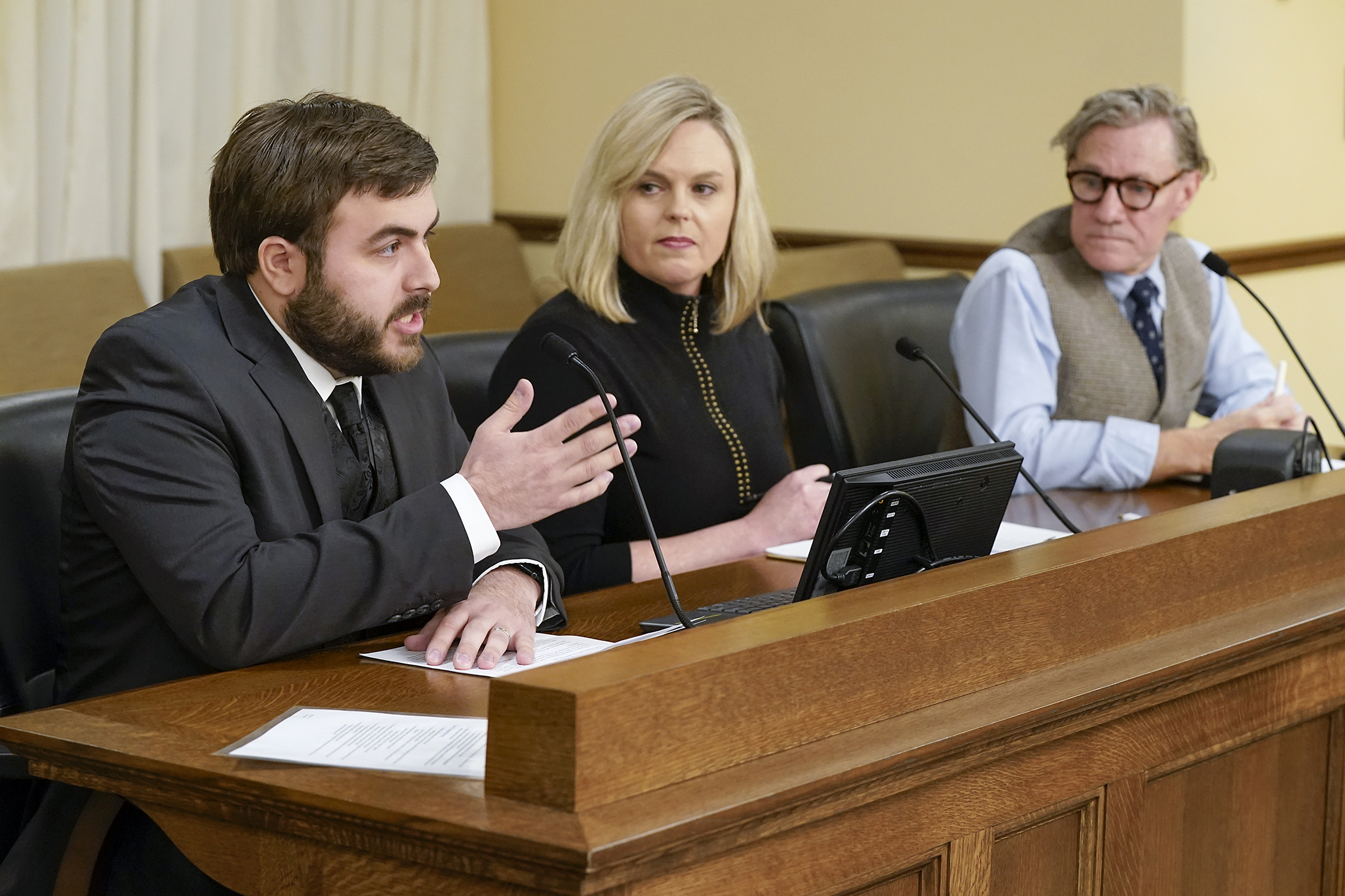Stopgap funding proposed for local community television stations

As more and more people cut the cord with their cable provider and move to streaming services, it’s not just affecting big media companies but also their local community television stations.
Those outlets broadcast city council and school board meetings, high school athletic games, voter forums and other hyper-local coverage.
Community television stations are primarily funded through local cable franchise fees and with fewer cable subscribers those funds are dwindling.
Laid over for possible omnibus bill inclusion by the House Legacy Finance Committee on Wednesday, HF1740 would temporarily help with the funding issues facing community television.
The bill, as amended, would appropriate $7.5 million in fiscal years 2026 and 2027 from the arts and humanities fund for a grant to the Minnesota Association of Community Telecommunications Administrators for distribution to Minnesota public, educational or governmental cable television channels.
“This bill provides an incredibly important statewide stopgap measure for community television stations while we work to find a more long-term solution,” said Rep. Danny Nadeau (R-Rogers), the bill sponsor.
[MORE: Letters of support]
According to Shannon Slatton Schwartz, executive director of CCX Media, her community TV stations have lost 35% of their revenue since 2017 and the average loss around the state for community television is between 13% and 23%.
“We are making some very hard choices as we look at our budget,” Schwartz said. “Do we cut back on the number of high school games that we broadcast or do we cut back on parades and festivals? Do we cut back on city council meetings, or do we cut back on those voter forums that are so important? Do we sacrifice the quality of our Emmy Award-winning work, or do we cut back on the quantity and not maybe cover every community that we have?”
Rep. Joe McDonald (R-Delano) said legislators must find sustainable funding for community television.
“I don’t think we want them coming back here every year, depending on this money because it’s all subjective and it’s not sustainable or reliable,” he said.
As for now?
“We are asking for this stopgap funding measure so we can continue to work on modernizing our funding model and greater sustainability and continue to deliver the news and government meetings and the information that our communities have come to expect from organizations like ours,” Schwartz said.
Related Articles
Search Session Daily
Advanced Search OptionsPriority Dailies
Legislative leaders set 2026 committee deadlines
By Lisa Kaczke Legislative leaders on Tuesday officially set the timeline for getting bills through the committee process during the upcoming 2026 session.
Here are the three deadlines for...
Legislative leaders on Tuesday officially set the timeline for getting bills through the committee process during the upcoming 2026 session.
Here are the three deadlines for...